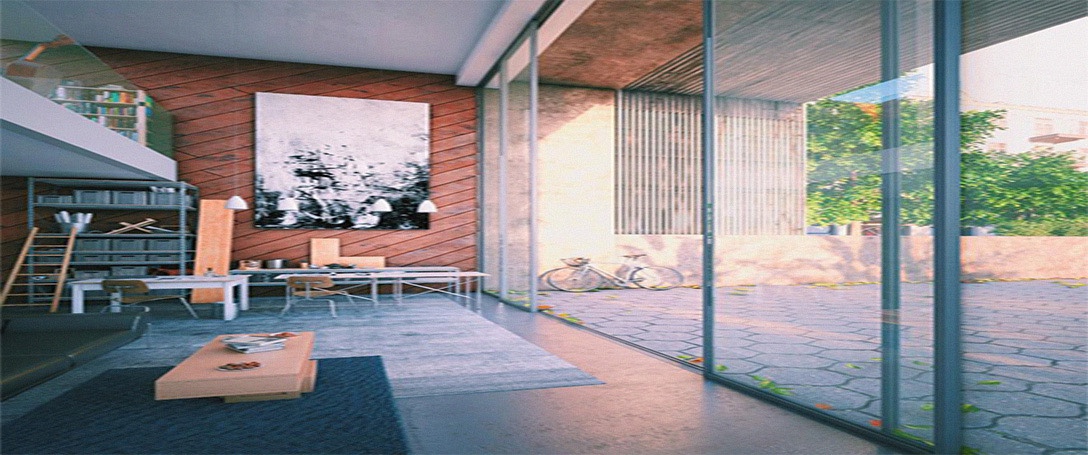Where to Start When Planning to Build Your Home
Nov. 19, 2019

I wrote an article in 2017 about uprooting the family from a place of comfort to an entirely new location. We have adapted our lives to grow roots in this wonderfully new place, and the decision to build our own home has become our current reality.
As we have reached more than half of the expected construction timetable, we had the privilege of exchanging stories with those who have recently built their homes, are still in the building stage, and those who will start their projects soon.
With all the details, variations, customizations, preferences, and lifestyle choices, there are so many things to say. Having said that, however, I believe that there is still a common ground for everyone and it is good to know these things as soon as you decide to build your own home. I listed here my top 5 tips.
1. Set a budget and make sure to leave room for the unforeseen!
Whatever your circumstances are, set a budget. It is simply the best guide for the majority of the decisions you will make. This involves identifying priorities, whether it is based on your family’s lifestyle, interests, or the special needs of a family member.
Write down those priorities. Add visuals or look for pegs to make your vision and intention concrete. Have a discussion with those who will live in the house and your significant loved ones. For those who have household help, ask the question: “What’s an ideal set-up so that your work becomes easier?”
When you consult and go into discussions, it will be easier to set priorities.
It’s likely that there are hidden costs and these may vary. This is a rich subject matter so it warrants a separate discussion. For now, it is enough to know that the budget you set should have room for the unforeseen.
2. Know what you want.
This involves discernment and self-discipline. There are so many good ideas you can find online. The variety is amazing! But the objective is to know what you want rather than to marvel at various ideas and end up confused.
Once you know your priorities, knowing what you want means you are now ready to determine the size of the house (living space and exterior), the number of rooms, and even key materials to be used, which all reflect your priorities.
To share with you, some of our priorities include good airflow even when it is raining, safety, and durability of materials for the frequently used parts of the house.
So, from the very beginning, we knew we would go for high quality glass windows and sliding doors. High quality means that (1) there is no way for the locks of the windows and sliding doors to be easily picked (super important!), (2) they offer options that allow us to keep the windows open even during the rainy season, and (3) they have a durable mechanism to take the frequent use.
For point no. 3, we had an experience with problematic sliding doors which had faulty mechanisms. Service was requested over time then it came to a point where repairs were not easy to execute. So, the sliding doors could not be moved for a long period of time, which meant that our living area lacked proper airflow!
Moreover, this resolve for high quality glass windows and sliding doors was one of the top pieces of advice that we received from families who have gone through one or more construction experiences.
3. Work only with the people you are comfortable with, professionally and relationship-wise.
The construction period can take several months and involves tons of coordination work. Team alignment and sharing similar values can help preserve good memories and a positive work experience.
Already anticipate that something can and will go wrong. There is no such thing as a perfectly executed construction plan but you should be able to count on resolutions within reasonable parameters that are acceptable to all parties.
4. Involve the family at various stages.
That’s the fun part! When family members know that they are included in the building of their home, it hopefully translates into gratitude, appreciation, and the desire to share in the responsibilities of the home’s upkeep.
Rest assured also, dear parents, that involving the family does not always mean that you need to give in to all of the members’ wishes and desires. In fact, there are a lot of values learned, and character-building opportunities arise when members are aware of priorities as well as boundaries.
5. Be organized.
File important documents, be ready with a checklist of sorts throughout the construction period, and be clear with who has what responsibilities. Understand well the scope of work of each construction team member (referring to the architect, contractor, suppliers, and optional team members such as an interior designer and project manager). Don’t worry about needing to know everything from the very beginning. You don’t have to. All you need is a construction team you are comfortable with, a reliable husband and wife team, and the confidence to ask questions whenever you have one (never be afraid to ask).
May these tips bring clarity on how and where to begin as far as building your home is concerned. Moreover, these tips are meant to guide you prior to choosing your team of planners and builders.
Good luck, savor the building experience, and may your home be what you want it to be!
Photo Source: @glassboxphil | www.glassboxphil.com

Hi! Hope you can share where you sourced your sliding doors ????
Trike